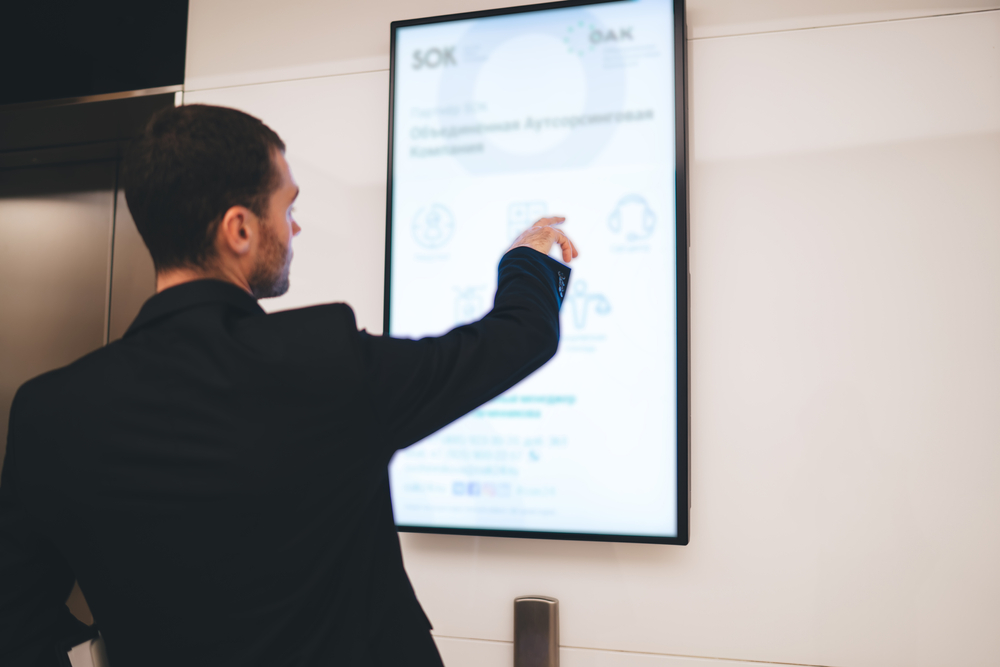Exactly How Trial Presentations Enhance Your Debate and Encourage Jurors
Test presentations serve as a critical device for boosting lawful arguments and convincing jurors. The strategic use of visuals not just clears up complicated details but likewise catches jurors' focus extra effectively than words alone.

Relevance of Aesthetic Aids
Visual aids play an essential role in boosting the performance of test presentations, as they can significantly raise target market interaction and retention of information. In the context of a trial, where jurors are tasked with handling complicated information, visual help offer to simplify and clarify bottom lines. Charts, charts, and images can convey information and ideas that might otherwise overwhelm or confuse jurors, permitting for a more simple understanding of the proof presented.
In addition, aesthetic aids aid in preserving juror interest throughout the procedures. By damaging the dullness of spoken testimony, these devices can punctuate critical disagreements, making them more unforgettable. Reliable aesthetic aids can also stimulate emotional actions, which can be pivotal in convincing jurors to line up with the speaker's story.

Crafting Engaging Stories
A compelling story is crucial in test discussions, as it acts as the backbone of efficient persuasion. It allows lawyers to weave together facts, proof, and psychological components right into a coherent tale that resonates with jurors. This narrative framework allows jurors to comprehend the complexities of the case while guiding them through the attorney's disagreement.
To craft a compelling narrative, attorneys should focus on clearness and comprehensibility. In addition, the usage of brilliant summaries can create psychological images that aid jurors imagine the events, making the story much more memorable.
Moreover, integrating key styles throughout the presentation enhances the core message and help in retention - trial presentations. The story ought to not only convey information but also evoke a feeling of justice, highlighting the stakes entailed. Ultimately, a well-constructed story cultivates a link in between the jurors and the situation, positioning the attorney's argument as both trustworthy and compelling, consequently enhancing the chance of a beneficial judgment

Engaging the Jury Emotionally
Reliable jury interaction hinges on the attorney's capability to link with jurors on an emotional degree. This connection can considerably affect jurors' perceptions and their supreme decision-making.
Visual help, such as photos or video clips, can even more enhance psychological engagement, giving jurors with dazzling representations of the case's human components. Crafting a narrative that highlights the struggles and victories of the individuals included ensures that jurors see beyond the lawful arguments and acknowledge the human repercussions of you could try this out their choices.
Furthermore, tone and body language play an important role in conveying feeling. A lawyer's enthusiastic shipment can resonate with jurors, enhancing their psychological investment in the case. It's vital to stabilize sob stories with valid evidence, guaranteeing that jurors really feel urged to act while continuing to be based in the fact. Eventually, a psychologically involved jury is a lot more likely to be persuaded, making emotional connection a crucial element of efficient trial presentations.
Structuring Your Discussion

The body of the presentation should be logically segmented right into bottom lines, each sustained by engaging evidence. It is valuable to make use of narration strategies to weave facts into a story that jurors can quickly comply with. Visual help, such as charts and video clips, can enhance understanding and engagement, assisting to other highlight crucial items of proof.
Real-World Study
Taking a look at real-world instance research studies offers vital understandings right into the art of trial presentations and persuasion. The defense team successfully employed a method that integrated prominent specialist testaments with multimedia discussions, which mesmerized jurors and inevitably affected their choice.
An additional noteworthy example is the "McDonald's Coffee Case," where the complainant's attorneys made use of visuals photos of the injuries endured by Stella Liebeck. trial presentations. This stark aesthetic evidence played a crucial duty in conveying the extent of her burns, resulting in a considerable court award. Such cases show that impactful test presentations usually rest on the reliable assimilation of visuals and narration to evoke psychological feedbacks from jurors
Moreover, the "Casey Anthony Trial" highlighted the relevance of narrative comprehensibility and trustworthiness. The prosecution's failing to establish an engaging timeline decreased their influential power, underscoring the requirement of a well-structured discussion. Analyzing these cases discloses that successful trial discussions call for strategic planning, psychological interaction, and the capability to resonate with jurors' worths and beliefs.
Final Thought
Test discussions substantially improve debates and persuade jurors through the strategic use of visual help, engaging stories, and emotional involvement. By streamlining intricate details and cultivating connections with the audience, these aspects develop a remarkable and impactful experience. A well-structured presentation equilibriums sob stories with factual proof, ultimately resonating with jurors' values. The integration of these techniques not just influences decision-making yet also underscores the value of efficient communication in the courtroom.